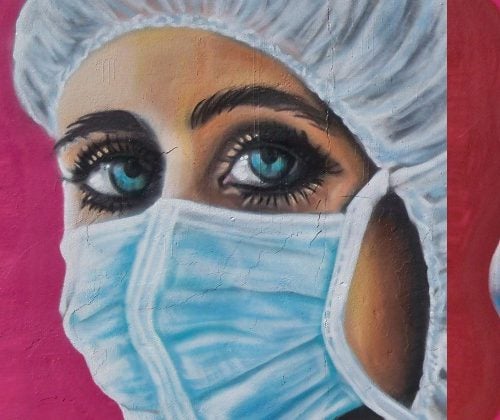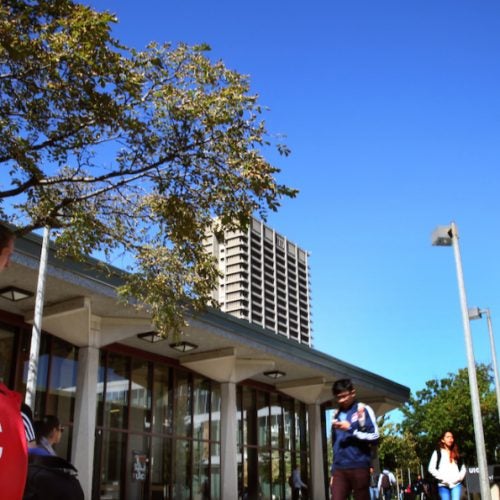The MS degree in Clinical and Translational Science is designed for applicants with previous clinical training or those in concurrent clinical degree programs, especially those in fellowship programs, postdoctoral training positions, or junior faculty with clinical responsibilities.
Students, primarily UIC post-doctoral or post-residency fellows and junior faculty, will learn the basic skills used by clinical researchers supplemented by a broad array of relevant electives that will provide basic concepts and theories consistent with each student's goals and objectives. Each student will work with his/her advisor and the program director to develop a program of study uniquely tailored to individual interests and future goals.
As part of the concentration, students learn to communicate their insights effectively, to write well-conceived and persuasive grant application, complete research hours to collect data which is then written into a thesis paper and also formatted into a presentation for a Thesis Examining Committee. Students learn the importance of ethical treatment of their subjects and as apprentice clinical investigators, they learn how to participate in a broader multidisciplinary research community that includes basic and social scientists, as well as clinicians from other areas of clinical practice.
Graduates of the MS in Clinical and Translational Science have the skills to direct a broad range of clinical studies, including the translation both of scientific knowledge into clinical science and of clinical science into practice.
The MS in Clinical and Translational Science consists of these basic components:
- A multi-disciplinary didactic program
- A series of workshops and seminars
- A research project under the mentorship of senior clinical researchers
- A formal presentation conducted in front of the selected examining committee
- Submission of an approved final thesis to the graduate college
Completion of the program takes two years for full-time students. Part-time students generally take three to four years to complete the program.
Next information sessions Heading link
Start getting involved Heading link



